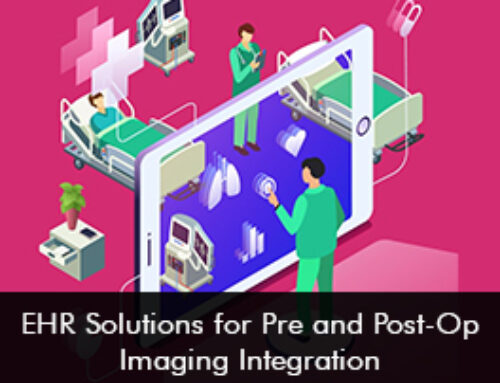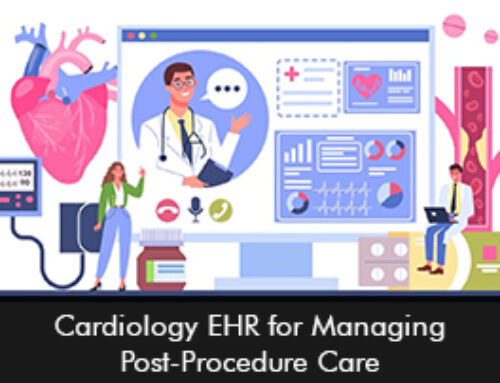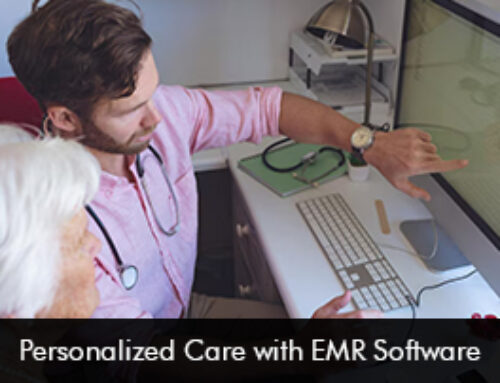Technological innovations are a pleasant surprise evolving the healthcare industry for the better and giving rise to opportunities for doctors to extend enhanced care and improve patient outcomes. These technological developments have helped to give healthcare services outside the hospital facility and supporting seamless integration with smartphones and laptops.
The main aim of these innovations is to streamline practitioners’ work, optimize systems, reduce human errors, and reduce costs through web experiences. The modern healthcare landscape is surprisingly changing drastically playing an important role from data monitoring to self-care tools.
5 Technological or Digital Changes in Healthcare
- Mobile Health or mHealth – Mobile health has enabled practitioners to practice on the go and communicate with their patients easily. Through smartphones and tablets, healthcare providers can access important information and data which is interoperable. Doctors can use the mHealth platform for fast documentation and freely accessing and sharing crucial data. The clinician is better informed as information is at his/her fingertips.
- Portal Technology – Portal technology helps physicians and patients to access medical records and communicate online. Through the portal, technology patients feel more involved in their healthcare process and empowers the patient to actively participle throughout their care journey.
- Telemedicine – Telemedicine is one of the fastest embracing platforms by healthcare providers, clinics, and hospitals to extend care to patients remotely. Telemedicine offers live video consultations with image and data sharing. These video sessions are of HD quality and provide an opportunity for patients living in rural areas or the outskirts to receive prompt care and treatment from the comforts of their homes. The telemedicine software system offers robust functionalities of video conferencing, instant two-way chat, e-Rx, and clinical documentation.
- Artificial Intelligence (AI) – AI uses algorithms to mine medical records, design treatment plans, and create drugs very fast. Artificial intelligence technology in healthcare is being used to find drugs that may help to reduce Ebola infectivity. AI also helps to efficiently diagnose and reduce human error through machine learning technologies and algorithms.
- Virtual Reality – Virtual reality is changing the lives of both patients and healthcare providers. VR is being used to train future surgeons and actual surgeons for operations. VR-trained surgeons have greater over performance levels with accuracy in performing surgeries. Virtual reality is also being used for effective pain management for example VR headsets for women in labor helps to soothe them. Pain levels can also reduce as VR helps to distract patients from painful stimuli.
These technological advancements are a gateway to improve overall patient experience and supports doctors in diagnosis and treatment processes.







